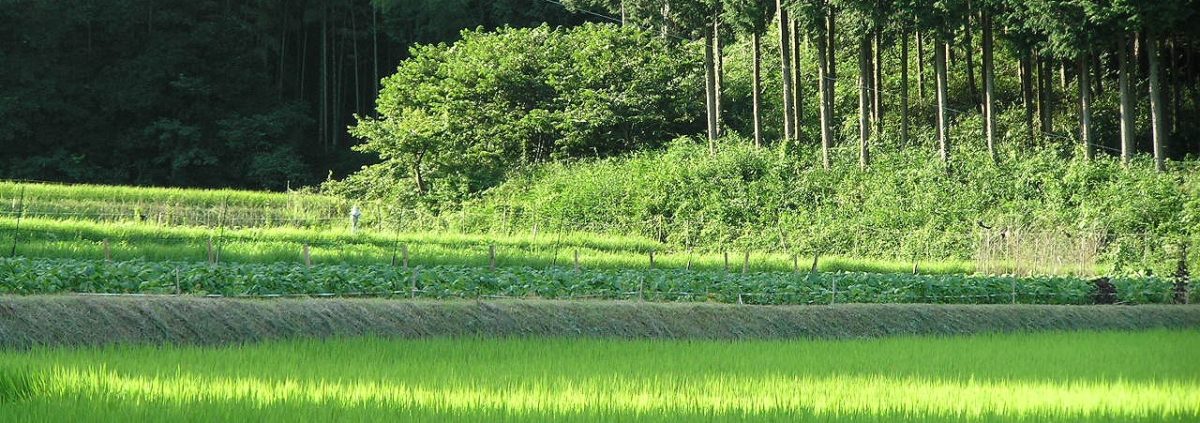The following article discusses veganism from Penguinist and scientific points of view. Penguinism does not have many cultural prohibitions, and does not forbid the consumption of meat. However, there are ways in which we can make our diets more sustainable.
I have wanted to write an article on veganism for a while, but a recent discussion with a practitioner of Yoga, along with various discussions and questions about the topic by fans of The First Church of Penguinism, convinced me to write a bit more.
Foundation
Penguinism has some elements in common with Buddhism and Hinduism, and so we can start our foundation with a discussion of two concepts from these traditions.
First Noble Truth. This concept is foundation to Buddhism. The idea is that life is suffering. Humans, animals, etc suffer from the moment they are born. However, it is true that we should not promote undue suffering. In Buddhism, one of the reasons why this is the case boils down to Maya.
Maya. The concept of Maya is fairly simple. Reality as we see it is an illusion. There is no real distinction between the self and the other. Therefore harming another is harming oneself. It also means that the distinction between plant and animal is not as valid as one might normally think. Of course, if we look at this statement scientifically, there are recognized differences, but it is very difficult to argue for veganism from a Buddhist or Hindu perspective, taking into account The First Noble Truth and Maya.
Sustainability. If there is no real distinction between the self and others, and if there is no real distinction between plant and animal, then biased selection of what to harm and not harm is invalid. So instead, it seems reasonable to adopt a policy of “do the least harm possible.” In other words, focus on sustainability overall.
Veganism
Veganism is often thought to be more sustainable, both in terms of nutrition and in terms of environmental impact. However, this may not be the case. While it may be true that a vegan diet can be more sustainable than living off of a factory farm industry, it is not the case that it is more sustainable than other non-vegan dietary and agricultural systems.
Health. While it is certainly possible to eat a healthy diet and be a vegan, it is far harder. A person has to rely on supplements for B12. The source is usually nutritional yeast. Nutritional yeast is generally grown in large vats in a factory setting. There is nothing wrong with that, but it is certainly not a small scale process. People often get their B12 from this source without realizing it, as fortified foods use nutritional yeast as a major source of B12.
Bees. No topic of veganism would be complete without discussing bees. Industrial fruit production is heavily reliant on commercial bee keeping. Meanwhile, native bee populations have been heavily undermined by our current agricultural practices. The use of pesticides, for one, has caused a massive die-off. This die-off in turn has caused many farms to further rely on commercial bee keeping.
Local bee keeping is great. It provides a source for honey, which is a wonderful food stuff, as well as pollination for local plant communities. But commercial bee keeping does not keep the interest of the bees in mind. The main purpose of these large scale operations is to ship the colonies from one location to another, in order to pollinate farms. This practice is not sustainable, and it is certainly not vegan.
Hybrid Approaches. Some Penguinists might be pescetarians and as I mentioned in a previous article, sushi is a sacred food to Penguinists, though largely because of the rice. But that brings me to an interesting point. The most sustainable method of rice production relies heavily on animals. I mentioned the Satoyama system before, which incorporates the entire landscape into agricultural production, and includes fish farming integrated with rice farming. Another common practice is to use ducks as a form of pest and weed control, as well as a source of fertilizer. This method works as an alternative to chemical based approaches. However, because adult ducks will damage the paddies, each year you need new ducks, which means that each year, the obvious option is to eat the old ducks.
There is also additional research which looks at a number of different agricultural practices and seeks to identify which one is the most sustainable. A study titled “Carrying capacity of U.S. agricultural land: Ten diet scenarios” suggests that while our meat based diet is certainly off the list, the study also suggests that veganism is less sustainable than a more diverse agricultural system. The study concludes that a lacto-vegetarian diet is the most ecologically sustainable. Interestingly enough, this diet is the primary diet consumed in India, especially by Buddhists and Hindus.
Conclusion
So it seems that from either a Buddhist and Penguinist perspective or a scientific perspective the answer is the same: veganism is not the way to go. Instead, we need to focus on agricultural policies which best utilize animals in a sustainable way. This means farming to grow fruits, vegetables, mushrooms and other fungi, and so on, as the primary food source, but using animals to control weeds, pests, etc and simply using the egg and milk, and the meat, as secondary and tertiary sources of nutrients respectively.

